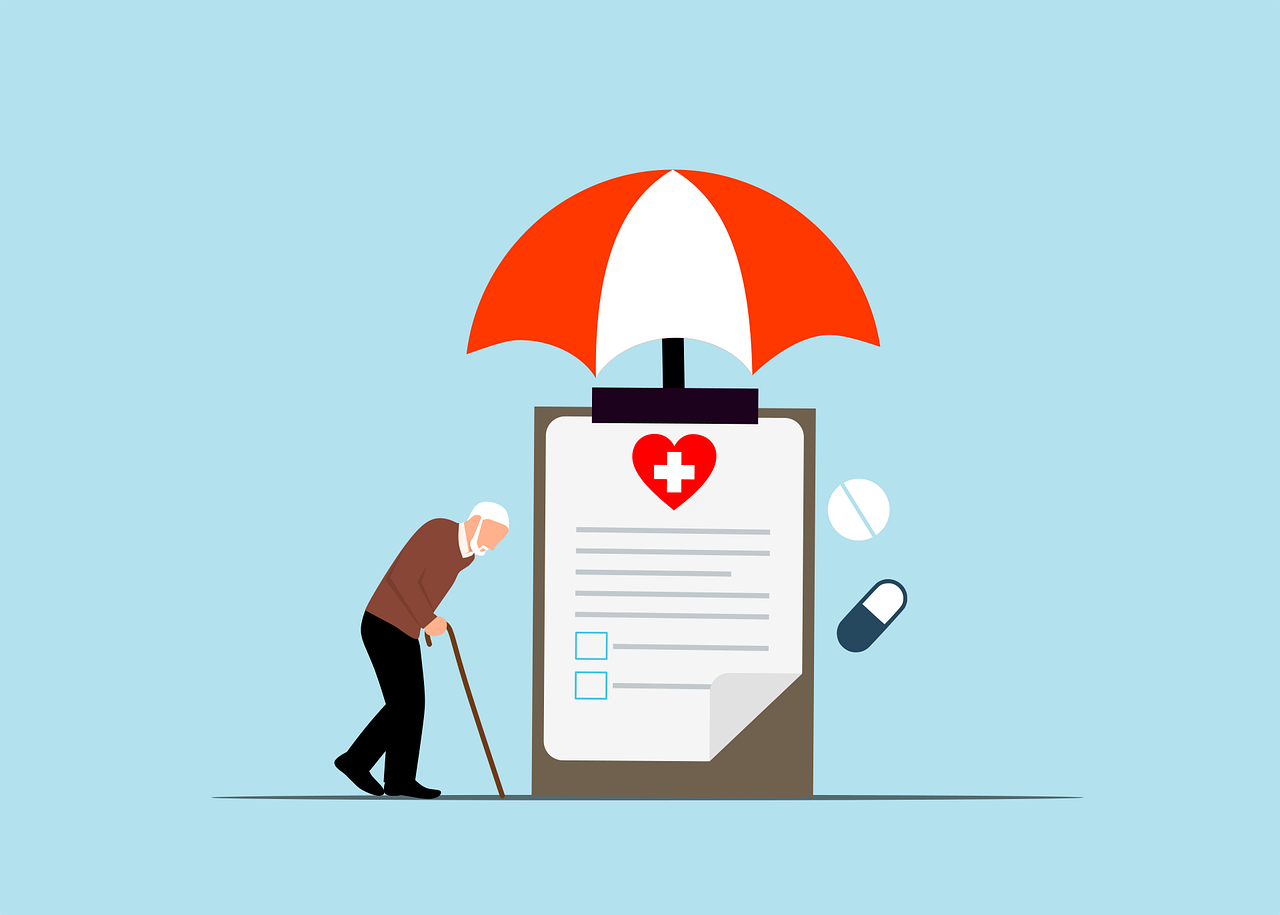INTRODUCTION:
Insomnia is a sleep disorder characterized by difficulty falling asleep, staying asleep, or experiencing non-restorative sleep, despite having adequate opportunity for sleep. It can lead to various daytime symptoms such as fatigue, irritability, difficulty concentrating, and impaired performance in daily activities.
There are two main types of insomnia: acute and chronic. Acute insomnia is brief and often occurs in response to a particular event or situation, such as stress, travel, or a sudden change in sleep schedule. Chronic insomnia, on the other hand, lasts for at least three nights a week for three months or longer and is typically related to underlying medical, psychiatric, or sleep disorders.
Several factors can contribute to the development of insomnia, including:
- Psychological factors: Stress, anxiety, depression, or other mental health disorders can disrupt sleep patterns and contribute to insomnia.
- Poor sleep hygiene: Unhealthy sleep habits, such as irregular sleep schedule, excessive caffeine or alcohol consumption, stimulating activities before bedtime, or an uncomfortable sleep environment, can make it difficult to fall asleep.
- Medical conditions: Certain medical conditions like chronic pain, respiratory disorders, gastrointestinal problems, hormonal imbalances, or neurological disorders can interfere with sleep.
- Medications and substances: Some medications, such as those for asthma, allergies, and high blood pressure, can affect sleep patterns. Stimulants like caffeine, nicotine, and certain recreational drugs can also disrupt sleep.
If you’re experiencing insomnia, it’s important to address the underlying causes and make changes to improve your sleep. Here are some general tips that may help:
- Maintain a regular sleep schedule: Go to bed and wake up at the same time every day, even on weekends.
- Create a conducive sleep environment: Make sure your bedroom is dark, quiet, and at a comfortable temperature. Use earplugs, eye shades, or white noise machines if necessary.
- Practice good sleep hygiene: Avoid stimulating activities before bedtime and create a relaxing routine to signal your body it’s time to sleep. This can include activities such as reading a book, taking a warm bath, or practicing relaxation techniques.
- Limit exposure to screens: The blue light emitted by electronic devices can interfere with your sleep. Try to avoid screens (phones, tablets, computers, TVs) for at least an hour before bed.
- Avoid or limit stimulants: Reduce or eliminate consumption of caffeine, nicotine, and alcohol, especially close to bedtime.
- Exercise regularly: Engaging in regular physical activity during the day can help promote better sleep. However, avoid exercising too close to bedtime as it may have a stimulating effect.
- Manage stress: Develop strategies to manage stress and anxiety, such as practicing mindfulness, deep breathing exercises, or seeking support from a therapist or counselor.
If these self-help techniques don’t improve your sleep or if your insomnia persists, it’s recommended to consult a healthcare professional. They can evaluate your situation, identify any underlying causes, and provide appropriate treatment options, which may include cognitive-behavioral therapy for insomnia (CBT-I), medications, or a combination of both.
RELATION TO INSOMNIA AND STROKE:
Insomnia, which refers to the difficulty in falling asleep or staying asleep, is generally not considered a direct cause of stroke. However, sleep disorders and inadequate sleep can contribute to certain risk factors that are associated with an increased likelihood of experiencing a stroke. Let’s explore these factors in more detail:
- High Blood Pressure: Chronic sleep deprivation or poor sleep quality can lead to increased blood pressure, which is a significant risk factor for stroke. Consistently elevated blood pressure can damage blood vessels and increase the chances of a stroke occurring.
- Obesity: Sleep disturbances, including insomnia, have been linked to weight gain and obesity. Excessive weight can contribute to the development of other stroke risk factors like high blood pressure, diabetes, and high cholesterol levels.
- Diabetes: Lack of sleep or disrupted sleep patterns can disrupt the body’s ability to regulate glucose levels, potentially leading to the development or worsening of diabetes. Diabetes is a significant risk factor for stroke.
- Inflammation and Cardiovascular Health: Sleep disturbances have been associated with increased levels of inflammation in the body, which can contribute to the progression of cardiovascular disease. Chronic inflammation is believed to be a contributing factor in the development of strokes.
It’s important to note that stroke is a complex medical condition, often caused by a combination of factors, including lifestyle choices, underlying health conditions, and genetic predispositions. While insomnia itself may not directly cause a stroke, it can contribute to the overall risk profile for stroke by affecting various factors that increase the likelihood of its occurrence.
If you are experiencing persistent insomnia or are concerned about your sleep patterns, it is recommended to consult a healthcare professional who can provide you with appropriate guidance and treatment options.



